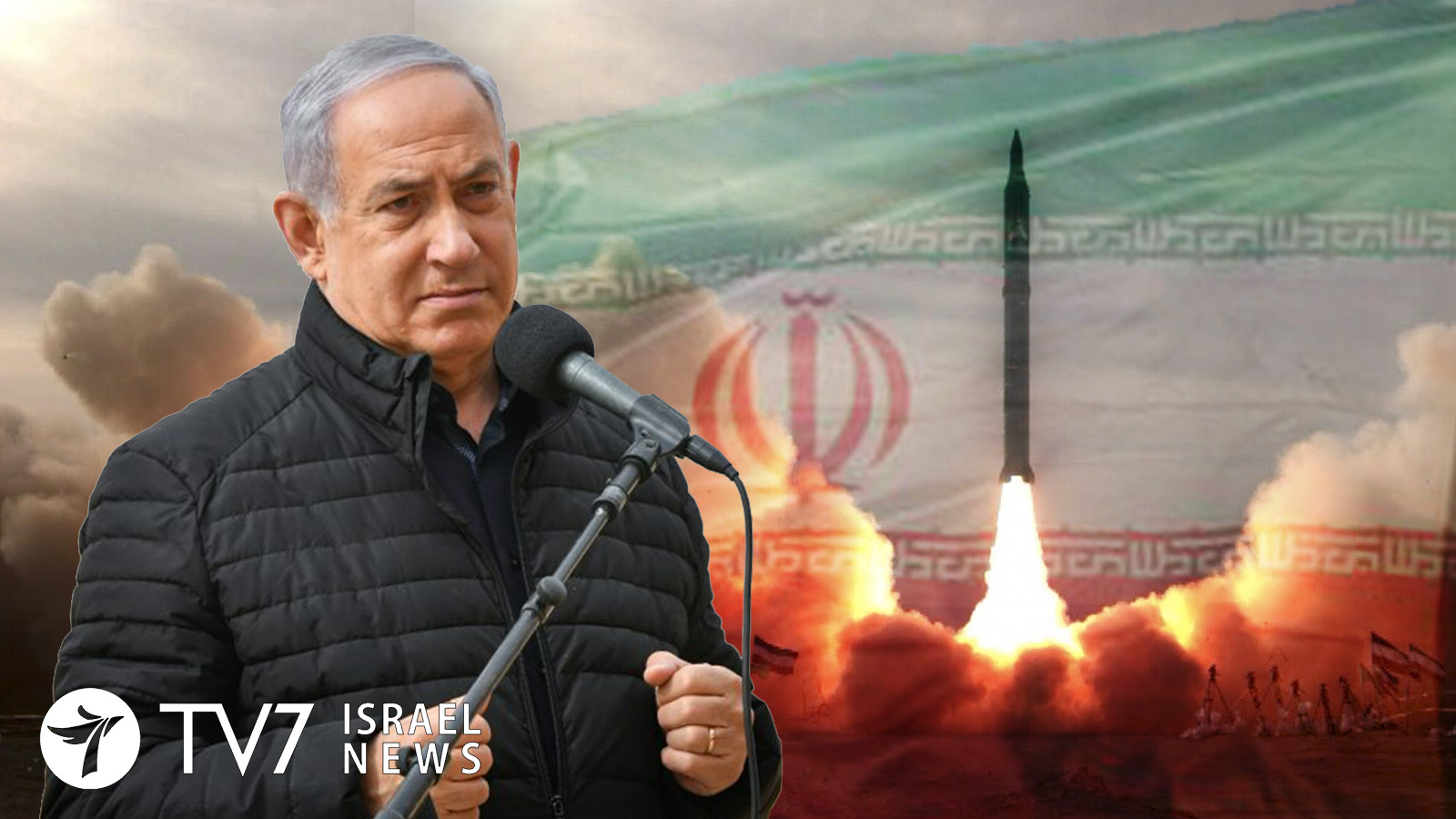Israeli Prime Minister Benjamin Netanyahu condemned the European Union response to Iran’s breaching of the Joint Comprehensive Plan of Action (JCPOA), saying it recalls failed international diplomacy with Nazi Germany on the eve of World War Two.
The Israeli leader was reacting to the announcement from EU’s High Representative for Foreign Affairs and Security Policy Federica Mogherini on Monday, in which she said European parties to the accord do not deem Tehran’s increased uranium enrichment as “significant non-compliance” sufficient to warrant the triggering of the agreement’s dispute mechanism.
Following a meeting of the EU’s foreign ministers in Brussels, the EU foreign policy chief stated, “For the time being, none of the parties to the agreement has signaled their intention to invoke this article, which means that none of them for the moment, for the time being with the current data we have had in particular from the IAEA, that the non-compliance is considered to be significant non-compliance.”
According to Mogherini, the dispute mechanism should be triggered only when there are no other solutions, suggesting that the remaining signatories shall focus on avoiding escalation in a critical region and diplomatic efforts to defuse the crisis. European leaders believe Iran’s transgression to date are able to be reversed, and have urged Teheran to resume full compliance
Israeli Prime Minister Netanyahu slammed the EU decision, saying that it “reminds me of the European appeasement of the 1930s.” In a video statement posted on his official Facebook account, Netanyahu said, “Then, too, there were those who stuck their head in the sand and did not see the approaching danger,” adding that now “It seems there are those in Europe who will not wake up until Iranian nuclear missiles land on European soil. But then it will be too late, of course.”
In veiled reference to Israel’s assertion that all options including a military response remain under consideration, Netanyahu said: “In any event, we will continue to do whatever is necessary to prevent Iran getting nuclear weaponry.”
While Iran’s leaders deny the pursuit of atomic bombs, they have repeatedly vowed to annihilate the Jewish State. Just last week a senior Iranian lawmaker claimed that Israel would be destroyed “within half an hour” in the event of a U.S. attack on his country. The statement was made by the Chairman of the Iranian Parliament’s National Security and Foreign Policy Commission, Mojtaba Zolnour, who is also the former chairman of the Nuclear Subcommittee.
The Israeli premier has long maintained that the Islamic Republic’s nuclear development poses a mortal menace to Israel and the wider world. Both Jerusalem and Washington believe the JCPOA was a “bad deal” that fell far short of preventing Tehran of acquiring nuclear weapons, and Israel strongly supported the decision by U.S. President Donald Trump to withdraw from the 2015 accord last year.
Netanyahu supported the U.S. administration’s reimposition of crippling sanctions against Iran, and has urged European powers to follow suit with punitive economic measures of their own in order to compel the Ayatollah Regime to renegotiate a more restrictive pact.
Iran revealed that it has already not only surpassed JCPOA caps on the permitted amount of enriched uranium, but that it is has also begun to enrich uranium to 5% purity instead of the 3.67% limit.
U.S. officials have demanded the European Union take a stronger position, while declaring their intention to further intensify sanctions against Tehran over it self-declared breaches.
But even as Iran continues to warn the EU of its preparation to end all of its commitments to the pact’s status quo ante – meaning no limitations whatsoever on any sectors of its nuclear development, EU ministers have reportedly failed to formulate a strategy on what action should next be taken to head off a feared U.S.-Iranian conflict.
